Intercultural Crosstalk
People Who Taught Japanese in Their Home Countries ③Living in Japan as a Japanese Teacher
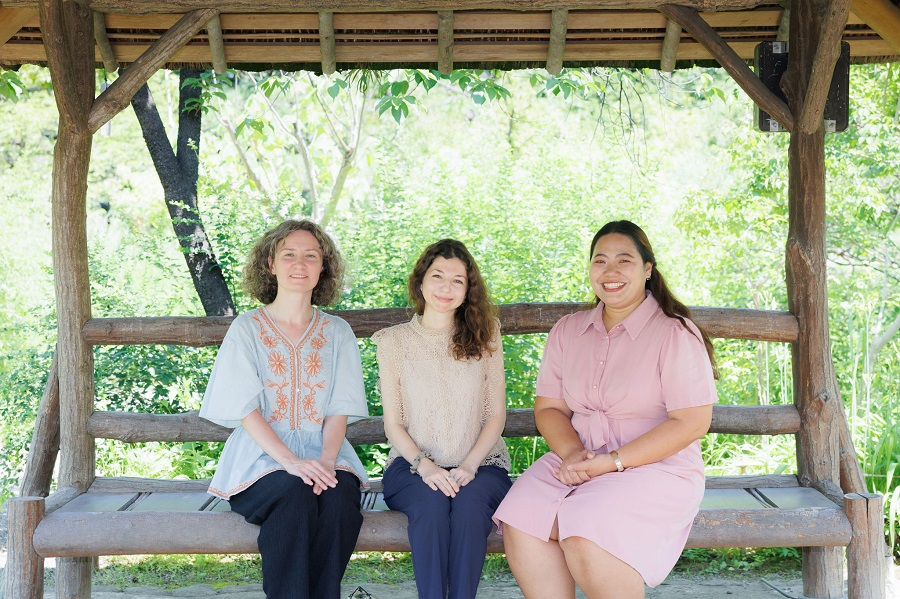
See their profiles here
Click for “1st Round” Here
Round 3: Living in Japan as a Japanese Teacher
This final interview in the series features 3 teachers who taught Japanese in their home countries before coming to Japan for various reasons.
We asked them about the differences they feel between languages and cultures from their perspective as teachers.
What Made You Decide to Come to Japan?
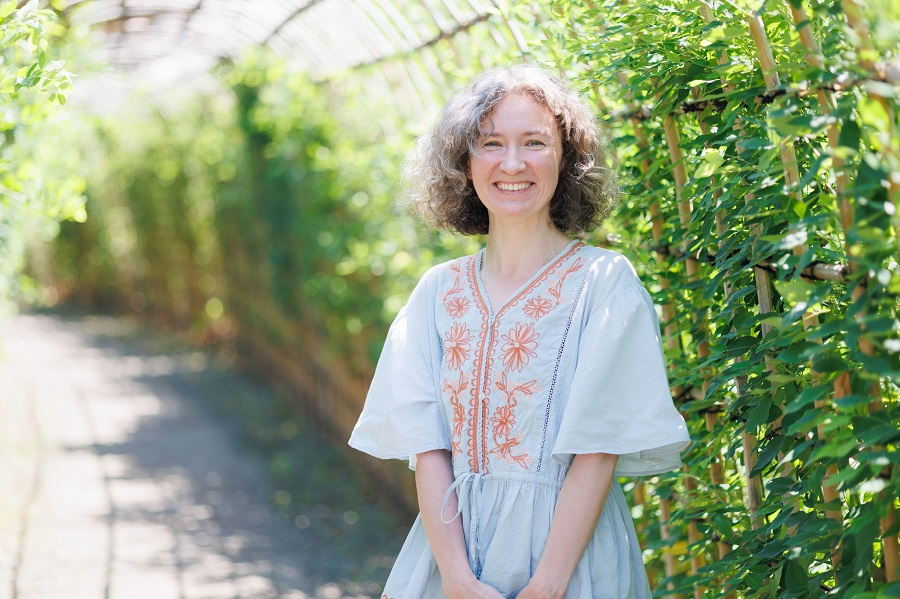
I came to Japan to attend graduate school. At first, I became a researcher at Tokyo University of Foreign Studies, and now I work for a company that sells Bulgarian products.
I came to Japan because the war started in my home country. While I was taking refuge in Portugal, a teacher who had taught me Japanese in Ukraine contacted me and asked, “If there’s a job in Japan, would you like to come?” I was very torn, but I decided to come to Japan because I thought I would regret it if I didn't. I had an online interview before coming to Japan and decided to come after the job was confirmed. I am currently working in an administrative role at a nonprofit organization.
My husband is Japanese. After our child was born, we initially sent them to a Japanese-style/Nikkei kindergarten in Thailand. However, there were many children who couldn't speak Japanese, and my husband was concerned that our child might lose the ability to speak Japanese. Considering our child's future, we decided to move to Japan.
Currently, I work at a travel agency, handling travel arrangements while also using Thai.
What Was the Biggest Difference You Felt Between What You Imagined and Reality After Coming to Japan?
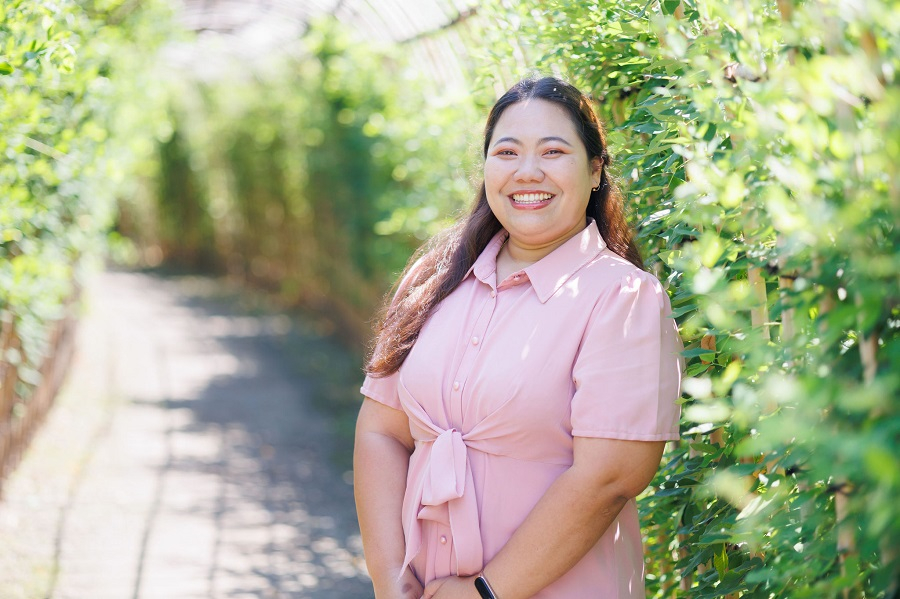
I first came to Japan as an exchange student when I was a 3rd year university student. Before coming here, I had the impression that Japanese people were very serious, polite, and well-mannered, but after actually living here, I realized that wasn't really the case (laughs).
I'm bothered by people who cut in line on trains and talk on their phones while riding.
I feel the same way as Nisa about manners on public transportation. Especially during rush hour, people push you without saying anything when getting on and off. I understand that people are trying their best not to be late, but it makes me feel a little sad.
I also heard that Japan is an ideal country for introverted people, but after coming here, I didn’t feel that was the case. I feel that people value social interaction, so there is a lot of small talk, such as “The weather is nice” or “What are you doing this weekend?” In Ukraine, I don’t really talk like that with people I don’t know well. Japan is a country that values relationships very much.
I also felt a gap there. In Bulgaria, when international students came to my department, everyone actively talked to them. So I thought that when I went to Japan, I would naturally make friends, but that wasn't the case. I learned that I had to make an effort to talk to people myself.
Were There Any Differences Between the Japanese You Taught in Your Home Country and the Japanese Actually Used in Japan?
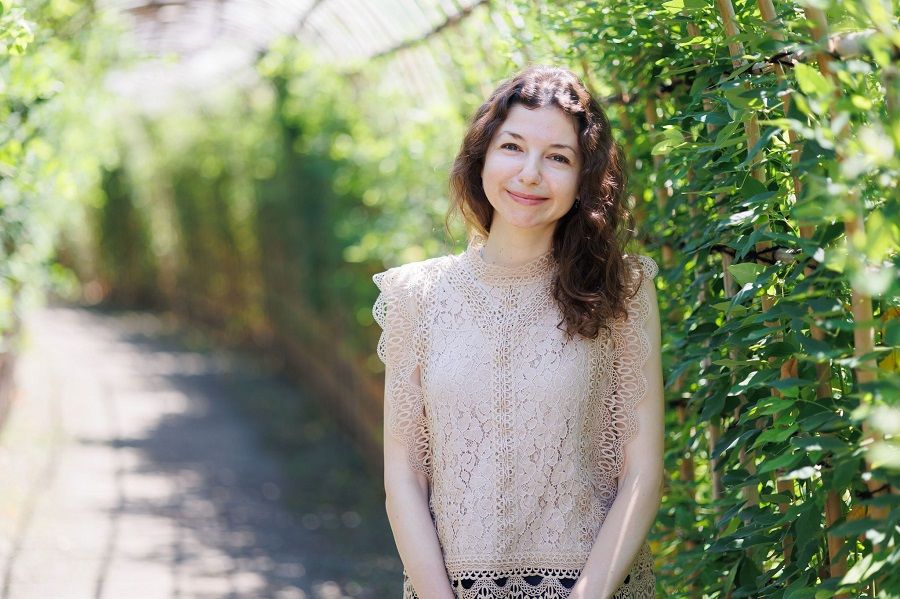
It was quite different.
I was surprised that the particles I was taught were “absolutely necessary” when I was learning Japanese were hardly ever used. For example, “Let’s eat rice(Gohan tabeyō)” or “Let’s go somewhere.(Dokoka Ikō)”
I was also surprised that people speak so differently depending on who they are talking to. I didn't learn casual speech in class, so when I became friends with some Japanese people, they told me that I was too polite and that it made them feel distant.
On the other hand, I felt a lack of knowledge about honorific language after coming to Japan. At my university in Ukraine, we didn’t learn much about honorific language. So now that I’m working, I feel a lot of stress. If I say something rude, it might give a bad impression of the organization I work for. Learning is never-ending, isn't it?
Like Olga, I didn’t really understand how to use honorific language either. I was taught that it's difficult to distinguish between honorific and humble language, so it’s better to use polite language like “desu” and “masu” throughout.
The parts of everyday life that I have found difficult are passive forms, causative forms, and causative passive forms. When my husband says things like, “Feed the children,” in this specific form in Japanese, I feel it difficult. I understand the meaning, but I can’t use it myself.
Also, I get confused by verbs that change depending on the object, such as “turn off the electricity” and “close the door.” In Thai, all of these are unified by a single verb meaning “turn off.”
What I find most difficult is onomatopoeia (sound words and mimetic words). When I first came to Japan, I joined the archery club at my university. The teacher probably tried to explain it clearly, saying things like “grip it tightly like ‛gyu’ and pull it back like ‛gu’,” but that actually made it even more confusing for me.
I’m still afraid of the telephone. I can’t understand the company name or the person’s name when they first say it. My coworkers are considerate and don’t give me many opportunities to answer the phone, but when they occasionally ask me to take a call, I pick up the receiver full of despair.
I feel the same way. When the phone rings, I pretend to be working hard (laughs).
What Do You Think Are the Advantages of Non-Native Teachers Teaching Japanese?
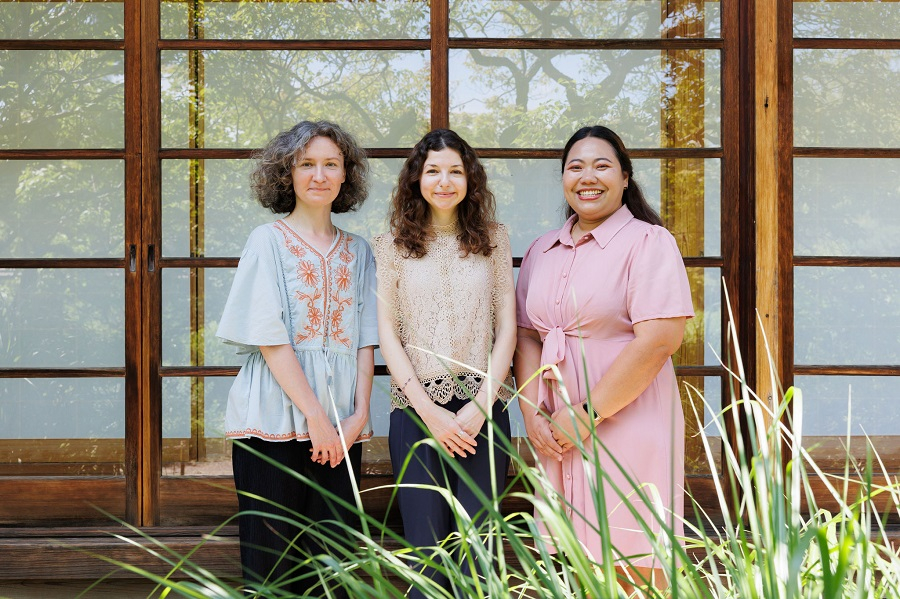
My Japanese teacher at university was Japanese. I wanted to ask questions, but I didn’t know how to ask them in Japanese. In that respect, I feel that it is good to be able to ask questions in your native language when you share the same mother tongue with your teacher.
I agree. Grammar explanations are easier to understand when heard in one’s native language. With Bulgarian students, since we share the same cultural background and language, I can understand the intent and context of their questions. For example, with words like “mottai-nai (feeling of regret to waste)” that can’t be directly translated, I can explain that there’s a similar expression in Bulgarian. I think having explanations in both the native language and Japanese is the best approach.
I agree with both of you. With a teacher who shares the same native language, you can learn not only grammar and vocabulary but also the deeper background of words. You can also understand the differences from your own culture, which is especially beneficial for those interested in linguistics.
I also taught Thai students things that are not part of Thai culture, such as saying “itadakimasu” before eating.
Do You Still Feel the Desire to Teach Japanese?
I enjoy teaching others and seeing them learn new words and expand their world. I would definitely like to teach again, not necessarily Japanese.
I previously worked in Japan teaching Japanese to Ukrainians using Russian. Russian was challenging, but teaching was enjoyable, so I would like to do it again.
I would also like to teach, but you need a qualification to teach in Japan, right? The courses to obtain the qualification are very expensive, but if I return to Ukraine, the qualification will become meaningless. It’s a difficult situation.
I would really like to teach Ukrainian students. If I could teach online from Japan, I think it would be a great motivation for motivated students. I would like to teach not only grammar and other knowledge based on the curriculum, but also a lot about culture.
This is the final episode of the 3-part series “People Who Taught Japanese in Their Home Countries.”
We heard about Japanese language education overseas, which is not often seen in Japan. Although the 3 participants had different backgrounds, it was striking how their opinions overlapped in some areas, such as their feelings toward their students and the advantages of teaching Japanese as a foreign teacher.
A new series will begin next month!
